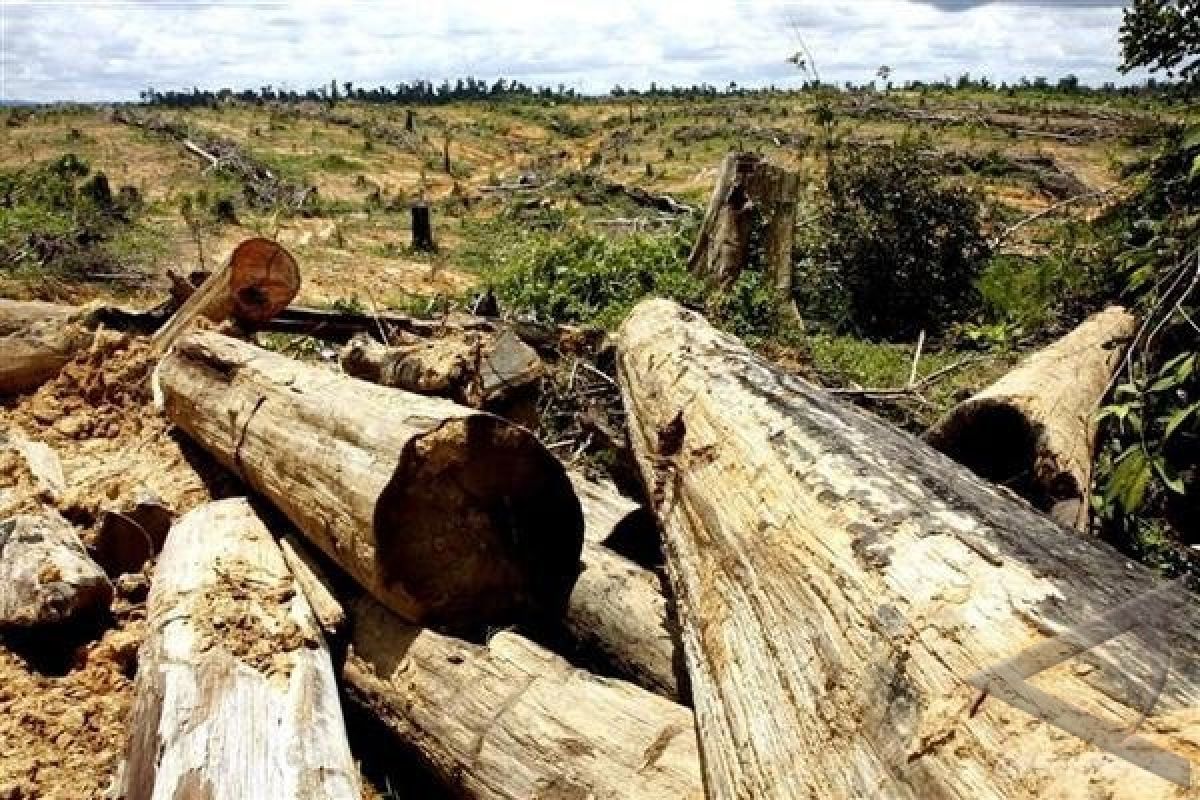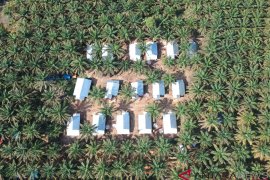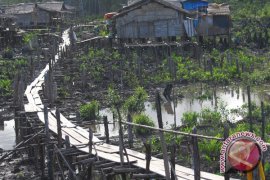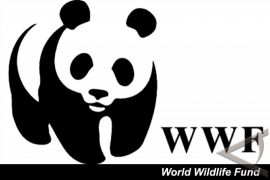"The government must back efforts like those announced today (Feb. 9) by insisting on similar standards across industries operating in forest areas," said Bustar Maitar, head of Greenpeace`s campaign to protect Indonesian forests, recently.
"This could be good news for the forests, endangered species like the orang-utan and for the Indonesian economy," he said as quoted on the Greenpeace Southeast Asia`s official website.
Bustas said protecting Indonesia`s forests was good for business, the environment and future generations of all Indonesians.
"The need for other palm oil producers to clean up their act is now pressing, for business and environmental reasons," he added.
On paper, the new commitments from Golden Agri were a major step towards ending their involvement in deforestation, he stated.
"And if they do make these changes, large areas of forests will be saved. But now they`ve actually got to implement these plans, and we`re watching closely to make sure this happens," he added.
Golden Agri`s announcement has given a huge boost to the Indonesian President`s pledge to protect forests and tackle climate change, according to him.
"And now the Indonesian Government must support this initiative by stopping any more licenses being granted for forest and peatland clearance, and by reviewing activities in areas where licenses have already been handed out," he said.
In recent years, Greenpeace revelations showing the destruction caused by Golden Agri-Resources have led to international corporations such as Unilever and Nestle canceling their contracts with the Indonesian palm oil company. However, the current move could signal the start of a shift throughout the industry, and eventually lead to full forest and peatland protection.
A key commitment by Golden Agri-Resources is a pledge not to clear `High Carbon Storage` forest. Under the company`s new plans, they have set a provisional threshold and will not be developing land which contains over 35 tonnes of carbon per hectare.
Importantly, this provisional figure is in line with figures for low carbon development recommended to the Indonesian Government by their own advisers, according to Greenpeace.
(T.F001/B/F001/O001)
Editor: Priyambodo RH
Copyright © ANTARA 2011





